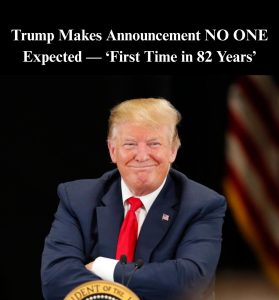
The Trump administration’s latest refugee overhaul marks one of the most dramatic immigration shifts in U.S. history. By slashing the refugee cap to just 7,500 for fiscal year 2026 — and prioritizing white South Africans — Washington signaled a clear departure from decades of bipartisan policy. The move not only dismantles the State Department’s long-held oversight but also centralizes power within Health and Human Services, altering how resettlement is funded and executed.
Critics see the decision as politically charged and racially motivated, while supporters frame it as a push for efficiency and national interest. Trump’s defense of Afrikaner refugees — citing “a genocide that’s taking place” — has reignited fierce debate over race, discrimination, and America’s moral role in global humanitarian crises. With Congress still deadlocked and refugee admissions paused, the U.S. faces an uncertain chapter in its immigration legacy.